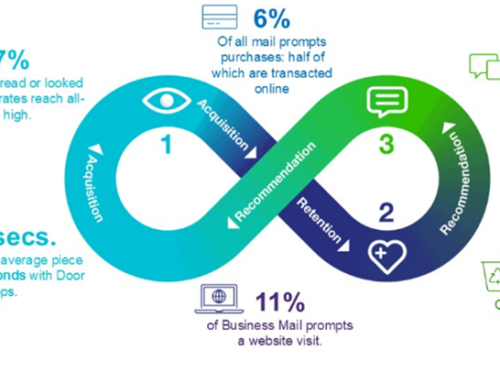It goes without saying that for political campaigning, the choice of communication channels plays a pivotal role in influencing voter behaviour. And according to new research by Marketreach, in collaboration with Thinks Insight & Strategy direct mail played a significant part this year in shaping voting intentions during the General Election.
Mail’s Influence on Voting Decisions
The study reveals that 27% of respondents identified mail as the most influential medium in their decision-making process, surpassing television (24%) and social media (18%).
Mail also achieved the highest engagement level at 70%, indicating it is most likely to be read, shared, or discussed. Notably, mail was perceived as nearly twice as trustworthy as other channels, with only 20% associating it with misleading information, compared to 34% for social media.
Engagement Among Younger Voters
Contrary to the assumption that digital platforms dominate younger demographics, the research found that over four in five (81%) individuals aged 18 to 24 engaged with mail during the election period. This engagement rate exceeded that of social media (72%), posters (67%), online advertising (64%), and party-political broadcasts on TV (51%). Among 25 to 34-year-olds, mail engagement stood at 69%, again leading over other channels.
Localised Impact and Memorability
Mail’s ability to deliver localised content was evident, with 65% of respondents noting that mail focused primarily on their local constituency, a figure significantly higher than online advertising (22%) and social media (23%). Additionally, 74% of participants recalled receiving mail towards the end of the campaign, compared to 32% for social media communications from political parties.
The Imperative of Responsible Data Practices in Political Campaigns
While the effectiveness of mail is clear, political parties must exercise diligence in handling personal data. The ICO has previously fined political entities for violations of data protection laws, including the Data Protection Act (DPA) and the General Data Protection Regulation (GDPR). For instance, in 2019, Vote Leave was fined £40,000 for sending unsolicited electronic messages without proper consent.
Maintaining robust data hygiene practices is crucial to avoid regulatory scrutiny and penalties. This includes obtaining explicit consent for communications, ensuring data accuracy through stringent data hygiene, and implementing secure data handling procedures. Adhering to these standards not only ensures compliance but also fosters trust among the electorate, reinforcing the integrity of the democratic process.
Key Learnings for Other Sectors
The success of direct mail in the 2024 General Election offers valuable insights for other industries. Whether it’s retail, financial services, or non-profits, the power of tangible, personalised communication cannot be overstated.
Direct mail fosters trust, enhances engagement, and delivers messages with a level of authenticity that digital channels often struggle to achieve.
What is clear from this new study, is to maximise marketing impact, organisations can harness the persuasive power of direct mail by building it into a multichannel campaign to build stronger connections with their audiences.





